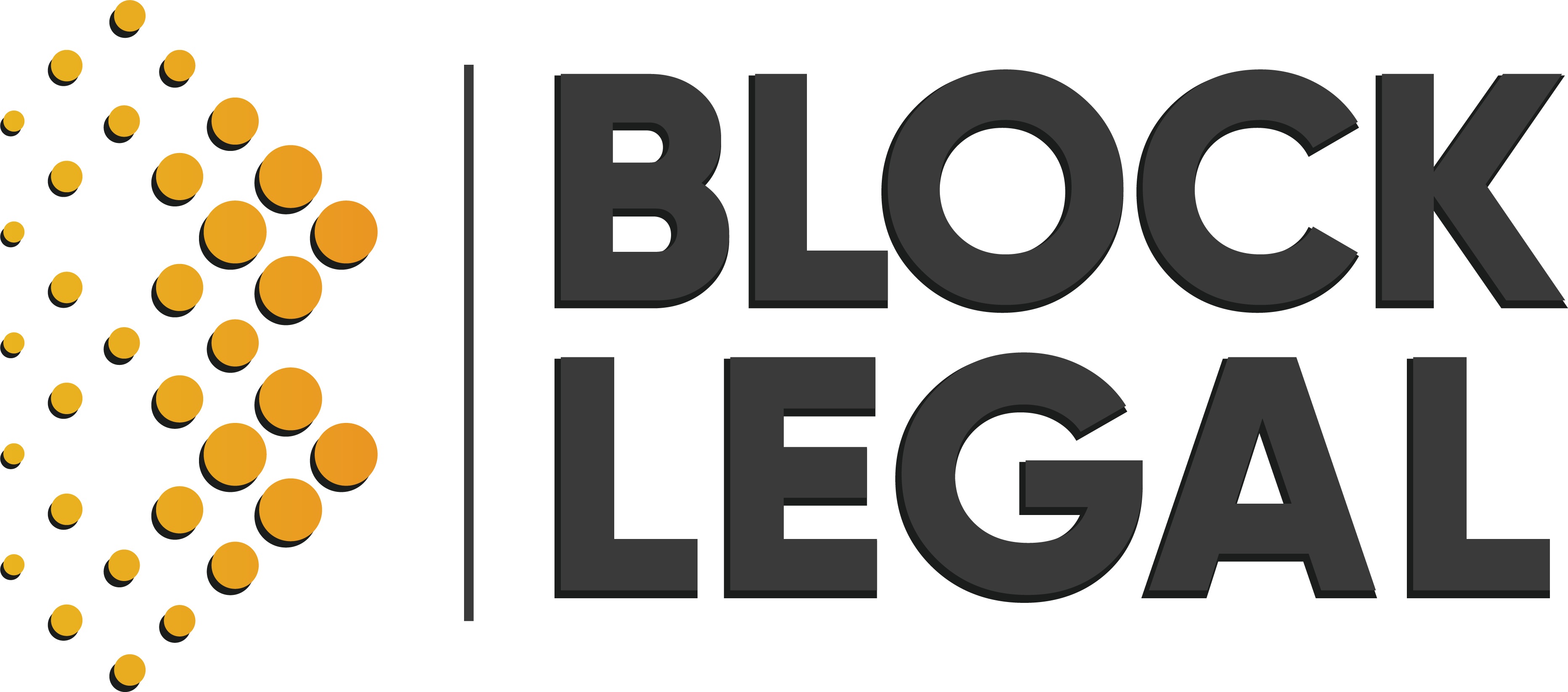On 31.01.2023, the Economic Survey 2022-2023 was presented in Parliament by Indian Finance Minister Nirmala Sitharaman. The Ministry of Finance annually publishes the Economic Survey which summarizes the performance of the Indian economy in the previous financial year and introduces an economic stance for the present financial year.
The Economic Survey describes Crypto assets as self-referential instruments which do not strictly pass the test of being a financial asset because it has no intrinsic cash flows attached to them.
Speaking of cryptocurrency, the Economic Survey highlights the “necessity of a common approach to regulating the crypto ecosystem.” To emphasize the need for regulation of the crypto ecosystem, the document highlights the recent events surrounding the collapse of the crypto exchange FTX and the subsequent sell-off in the cryptocurrency markets. Considering the high volatility of the crypto market, which has swung from a valuation of nearly US$3 trillion in November 2021 to less than US$1 trillion in January 2023, the issue of cryptocurrency regulation has recently become a top priority for many nations. Due to the lack of intrinsic cashflows attached to them crypto assets, such as Bitcoin and Ether, are not considered financial assets by US regulators and they pose significant risks to the banking system.
The Economic Survey also states that International organizations like the OECD and G20 are now discussing a coordinated global approach to regulating crypto assets. However, monitoring and regulating cryptocurrencies has proven to be a difficult task for regulators worldwide, who are struggling to keep up with the new and emerging issues in this fast-moving field. The decentralization promised by crypto assets has yet to be realized, and instead, new central intermediaries like crypto exchanges, wallet providers, and crypto conglomerates are requiring users to trust central entities. The increasing importance of these entities could force regulators to consider them as systemic financial market infrastructures. Still, the fact that they are yet largely unregulated is a cause for concern globally.
The Survey details that there are currently minimal global standards applicable to unbacked crypto assets and uncoordinated national approaches are limited in their effectiveness due to the cross-border and cross-sector nature of crypto assets. The terminology used to describe different activities, products, and stakeholders is not harmonized globally, and there is a range of crypto actors, such as miners and protocol developers, that may not be easily covered by traditional financial regulation. The term “crypto asset” implies a broad variety of digital products that may require the attention of multiple domestic regulators based on their actual or intended use.
The document proceeds to discuss the current regulatory approaches worldwide, including in the European Union, Japan, Switzerland, the U.K., Albania, and Nigeria.
- The European Union has introduced the Markets in Crypto Assets (MiCA) for crypto assets, focusing on stablecoins and regulating key entities such as exchanges and wallet providers.
- Japan introduced regulation for crypto asset service providers in 2017 mandating clients’ asset segregation, operational risk and cyber security management, Know-Your-Customer, internal audits, and minimum capital requirements. Further, the law for the partial amendment to the Payment Services Act, etc. was enacted for the regulation of stablecoins.
- Switzerland has issued guidelines for initial coin offerings and amended various civil and financial market laws to enable the introduction of ledger-based securities.
- The UK has declared security tokens to be within the regulatory purview and has proposed regulation for stablecoins and crypto asset promotions.
- Albania has legalized crypto assets for investment purposes through the “Fintoken Act”, with licensing and supervision by the Albanian Financial Supervisory Authority and the National Agency for Information Society.
- Nigeria has declared crypto assets as not being legal tender and has imposed restrictions on dealing in crypto assets and facilitating payments for crypto asset service providers. More recently the Securities and Exchange Commission has outlined new rules for the issuance, offering, and custody of digital assets.
In conclusion, the regulation of cryptocurrency remains a complex and evolving issue with many challenges, including the fast-paced developments in the crypto market and the fragmented regulatory landscape. The need for a coordinated global approach to regulating crypto assets is becoming increasingly clear as the importance of these assets continues to grow.





